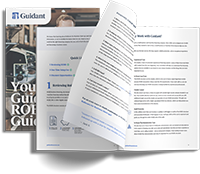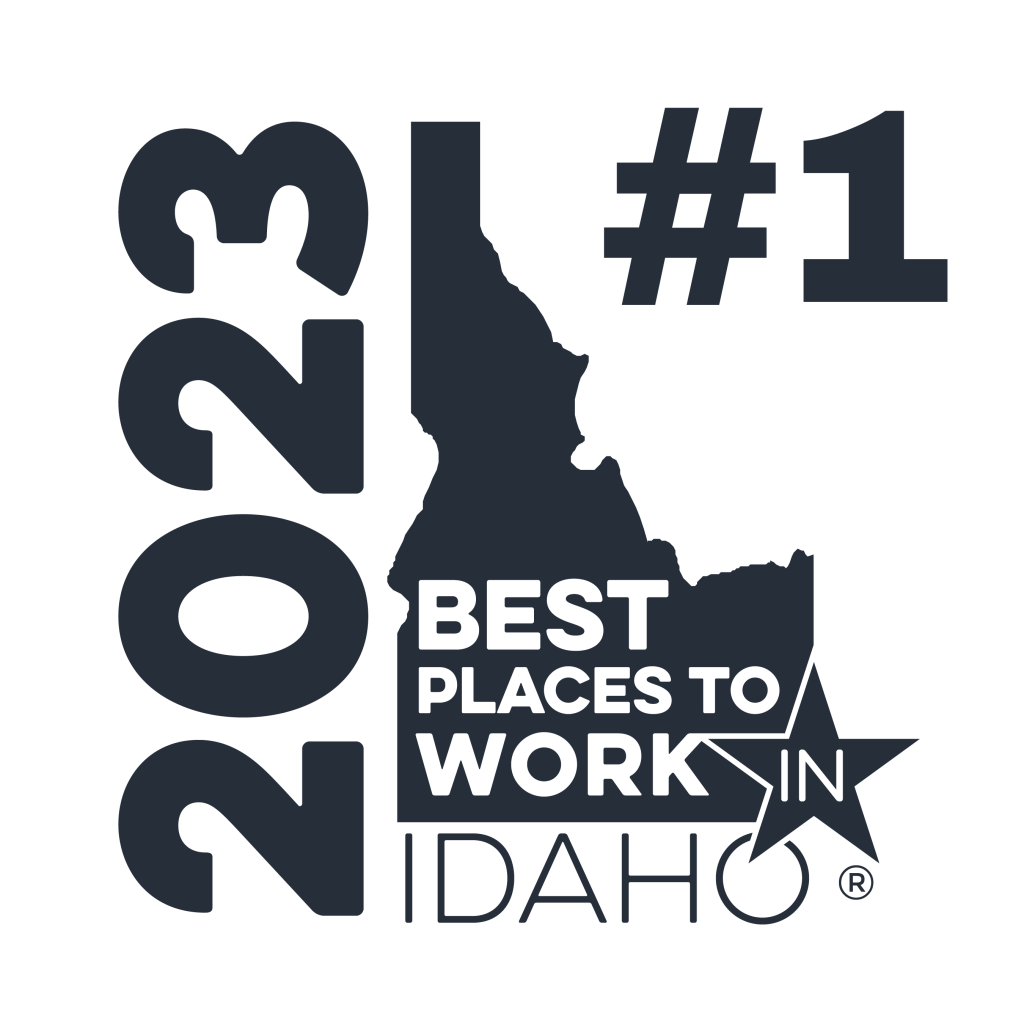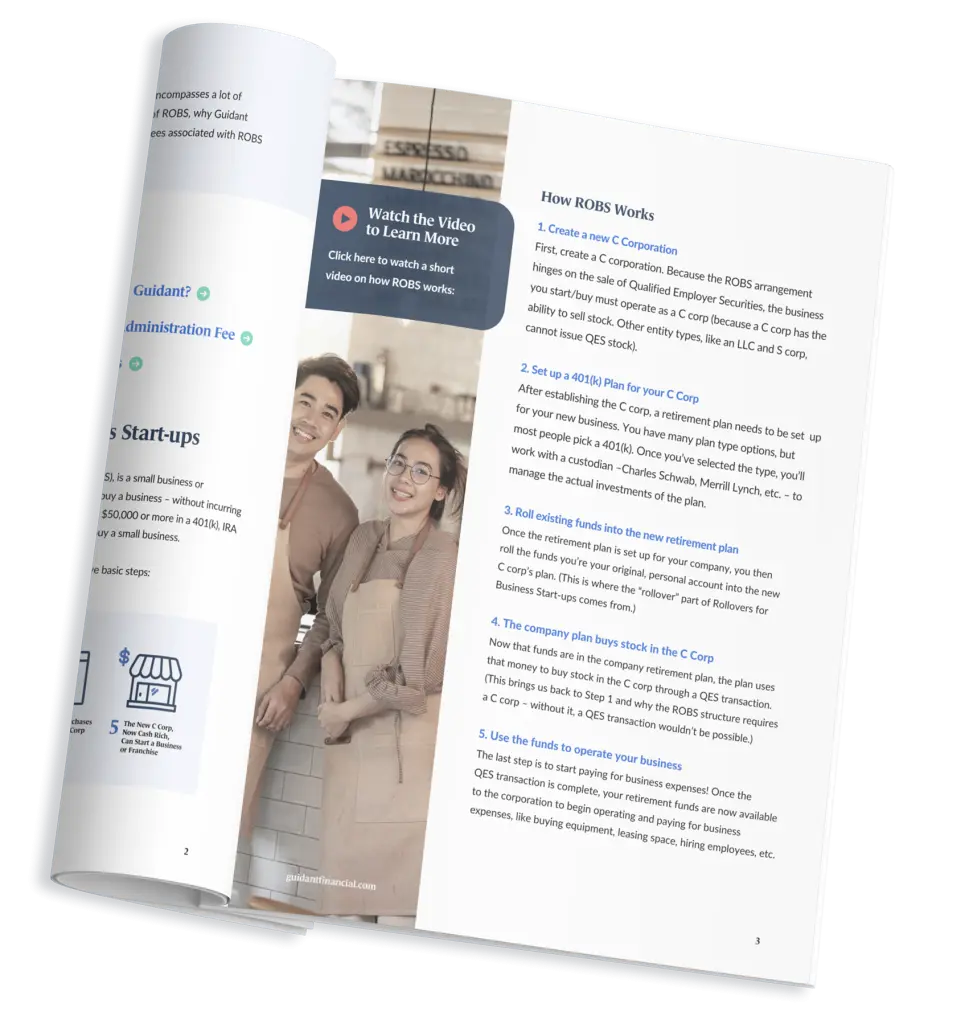If you’re new to being an entrepreneur, you might have questions about what a registered agent is, the duties they have and why they’re so important to work with. Look no further than this post to answer all of the questions you ever had (and then some) about how to choose a registered agent and the benefits that having one can provide you and your business.
What is a registered agent?
A registered agent, or RA, is a person or company that is designated by an LLC or corporation (including C corporations required by the Rollover for Business Start-ups arrangement) to accept official documents on behalf of the small business. Some of the documents they accept include franchise tax forms, annual reports, renewal reminders and lawsuit paperwork. The RA organizes the documents they receive and passes them along to the business owner. This keeps the owner on track with paperwork that might have fallen through the cracks otherwise.
In order to receive this kind of documentation, RAs must have a physical street address and be available during general business hours to receive service of process. And just in case you were wondering if you could shirk this duty for a while, designating a registered agent is a non-negotiable requirement. Corporations and LLCs that are formed on the state level must have a designated RA in place in order to remain compliant with the state law.
Can I be my own registered agent?
Yes, business owners can serve as their own registered agents but should seriously consider the pros and cons of doing so. Here’s a look at what being your own RA entails versus hiring an outside party:
- Being your own RA. While the owner of the business can save some money acting as their own RA, they might face some challenges along the way. Some of these include determining what physical address to designate (especially if your LLC or corporation has been formed outside of your home state), whether or not you’ll be available to receive paperwork during typical business hours, and how comfortable you are receiving confidential documents publicly. If you’d rather have an LLC member or corporation director take over, check in with your state to see if you’re allowed to have a corporate officer named as your registered agent.
- Third-party business. Having an outside company serve as your RA is like working alongside a confidant. They’re reliable, know exactly what they’re doing and are more affordable than working with a CPA or attorney. If you need help finding one, visit your state’s Secretary of State website for a list of active registered agents.
What are the benefits of working with an outside registered agent?
Now that you know you’ll definitely need an RA on hand to help out, here’s a look at some of the perks that come with working with a third-party resident agent:
- Privacy. Imagine how you would feel to be served personal paperwork at your office in front of all of your employees — and possibly some customers. You would be mortified! Working with an RA creates a layer of privacy between your business and the public because their information, and not yours, is listed on the formation of documents. If you were ever served but working with a registered agent service, they would discretely accept the paperwork on your behalf, ensuring you maintain a sense of privacy.
- Security. Having an RA accept documents gives your business an added sense of security, ensuring that unwelcome visitors won’t show up at your business or drop by your personal residence.
- Peace of mind. Worried that your business might fall out of good standing with the state? Worry not with the help of an RA, who will ensure that all time-sensitive documents are taken care of and organized to keep your business compliant with state requirements.
















